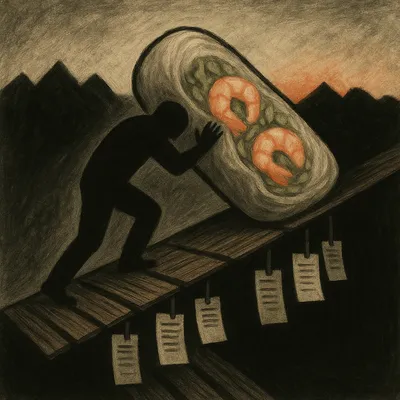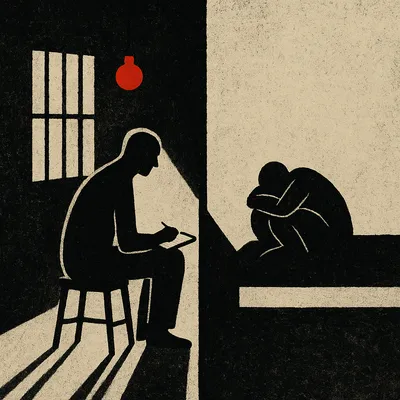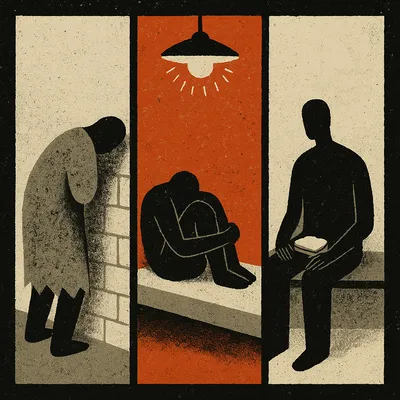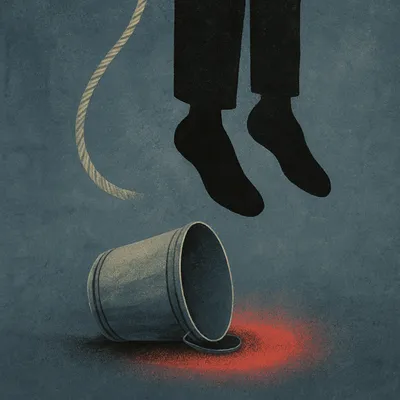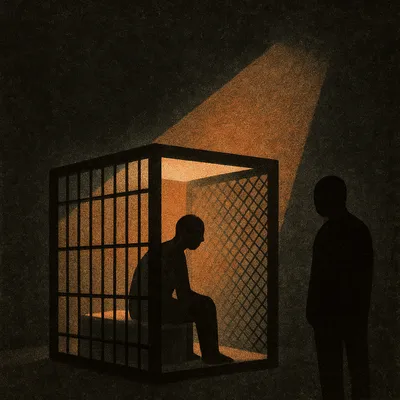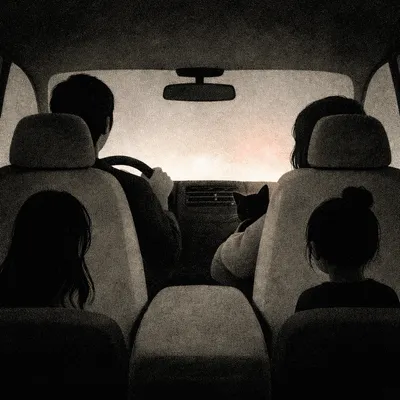
Suicide Watch
Concrete cells, tamper-proof smocks, and constant observation—suicide watch strips away everything except the essential human exchange between watcher and watched. These stories capture what emerges when two prisoners face each other across steel barriers, finding connection in a system built on isolation.
Chapters
- 2009–2011
Pre-Sentencing
The emotional and legal turmoil from arrest to sentencing, revealing the isolating secrecy and relentless federal prosecution process.
- 2011–2021
Incarceration
Uncover the harsh realities and unexpected humanity of life in federal prison, from survival strategies to moments of resilience and hope.
- 2021–present
Beyond the Bars
Discover the challenges of reentry after prison, from rebuilding life and relationships to navigating a world that feels unfamiliar and unforgiving.
About Five to Twenty
In 2011, at the age of twenty-four, the author began a twelve-year sentence for downloading child pornography. Throughout his incarceration, he documented his experiences in handwritten essays transcribed and published by his father. With unflinching honesty and unexpected humor, he captured the stark realities of prison life, its complex social dynamics, and institutional abuses.
Since his release in 2021, his writing has become a vital contribution to criminal justice reform conversations, exploring probation, sex offender treatment, and life on the registry. His work provides insights into a system of perpetual punishment that continues to marginalize those seeking to rebuild their lives. The author lives in Dallas, Texas.

